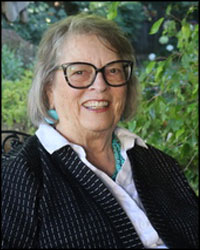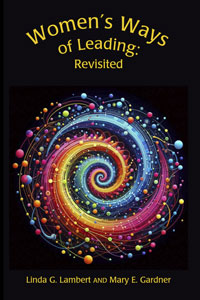Travel
« Older Entries Newer Entries »The Italian Letters in San Francisco
Tuesday, November 11th, 2014
On Friday evening, November 14, at 7:00, I am talking about and reading from The Italian Letters in San Francisco at Books, Inc., Opera Square, 610 Van Ness. This will be a Champagne Launch and you are all invited.
Why is this so special? Books, Inc. is the West’s oldest independent bookstore with 11 stores in California. Amazingly, their “origin dates back to the Gold Rush Days of 1851 when Anton Roman struck it rich in Shasta City, California, and set himself up in the business of selling books. That small bookstore was moved, bought, sold, burned, rebuilt, renamed and became Books Inc., as we know it today, in 1946.”
On December 9, I’ll have the pleasure of sharing The Italian Letters with the community of readers at the Palo Alto Books, Inc.
Check out booksinc.net and join us.
Posted in Book Tour, Books Inc., creativity, D.H. Lawrence, Etruscans, Fiction, imagination, Italian Letters, Italy, tombs, Travel, trilogy, Vatican, writing | No Comments » | Leave a Comment



 Mary Gardner, a retired educator, has dedicated much of her life to learning and leading. She was a teacher, administrator, researcher, and continues to be a writer, mentor and consultant. She and Linda are known for their original work in reframing leadership. Their latest book is Women’s Ways of Leading: Revisited.
Mary Gardner, a retired educator, has dedicated much of her life to learning and leading. She was a teacher, administrator, researcher, and continues to be a writer, mentor and consultant. She and Linda are known for their original work in reframing leadership. Their latest book is Women’s Ways of Leading: Revisited.